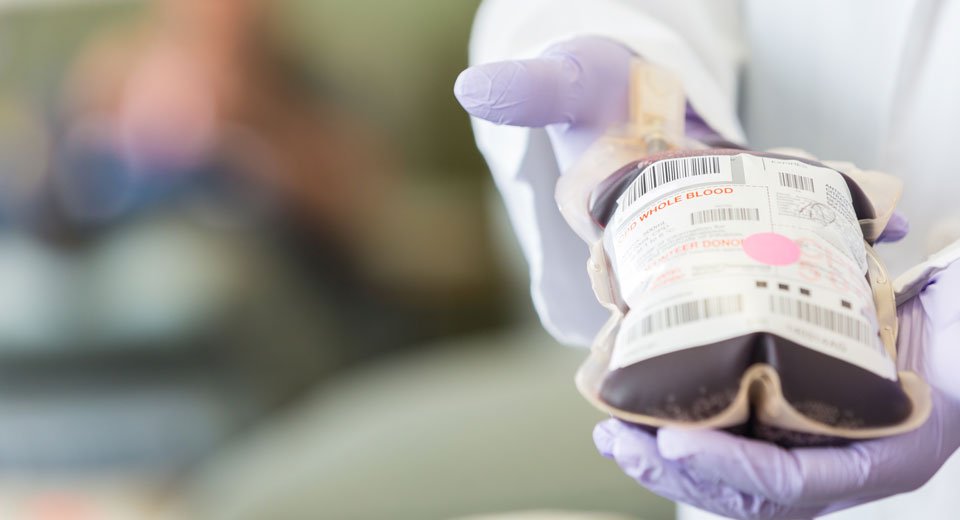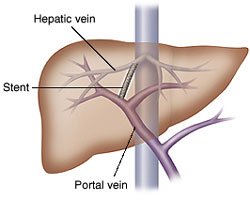Fighting for sobriety and his life - a memorable Mother's Day

Steve Solbo started coughing up blood on Mother’s Day 2019, five days after a routine endoscopy procedure. He woke up that day feeling a bit off but went to church and prepared to celebrate the day with his mom.
“By that afternoon, I was getting violently ill,” he said recently. “It wasn’t a pretty sight.”
Solbo, 37, of Sagamore, lost about 80 percent of his blood supply that day and was saved due to what one of his doctors at Cape Cod Hospital called “a perfect storm – in a good way” of the right medical experts, equipment and an adequate blood supply that were on hand at the hospital that afternoon.
“It took a roomful of people to save my life that day,” Solbo said.
Solbo’s story actually begins in August 2018, when he made the decision to quit drinking alcohol. The years of hard drinking had taken their toll on his health and, prior to that August day, he had suffered another bout of blood loss – a common result of alcohol abuse, he said.
“Alcohol kills slowly. It’s bloody, it’s gory. It looked like someone had been killed in my bathroom (on the day he hemorrhaged),” he said.
The procedure he underwent on May 7, 2019, was a routine gastrointestinal procedure done at Cape Cod Hospital, which was related to his years of alcohol use (“It comes with the territory,” he said). He was told that some bleeding was a potential side effect of the procedure, but it was rare.
The blood loss went unnoticed by Solbo at first, because the blood from the burst vessels in his esophagus was draining into his stomach. By Mother’s Day, though, he was coughing up blood and, before he could call 911, he passed out.
“I came to with EMTs and my 9-year-old daughter kneeling beside me. That could have been the last image she had of me,” he said.
Solbo would spend the next nine days in the Cape Cod Hospital Intensive Care Unit, unconscious and fighting for his life.
“From what I’m told by my family members, it was touch and go for the first few days. It was kind of iffy that I would make it,” he said.
Solbo credits the medical team at the hospital, and the generous donors who gave blood to the Cape Cod Healthcare Blood Donor Center, with saving his life and giving him another chance.
Team Jumps Into Action
When he arrived in the Cape Cod Hospital Emergency Center that day, physicians, nurses and technicians sprang into action. Former Cape Cod Hospital intensive care physician Amy Molis, MD began coordinating his care. Hyannis gastroenterologist Jay Yamin, MD performed an endoscopy at Solbo’s bedside to stem the bleeding, and the team determined Solbo would need an emergency procedure on his liver known as TIPS procedure (transjugular intrahepatic portosystemic shunt).
According to Cape Cod Hospital Interventional Radiologist, John Santilli, MD, who performed Solbo’s TIPS procedure that day, patients who typically need a TIPS have portal hypertension, meaning they have an abnormally elevated blood pressure in the portal vein system. This pressure buildup can cause blood to flow backward from the liver into the veins of the spleen, stomach, lower esophagus, and intestines, causing these vessels to enlarge and weaken thus causing internal bleeding/hemorrhaging and the accumulation of fluid in the chest or abdomen.
A TIPS procedure is performed by an interventional radiologist who uses image guidance to create a bypass within the fibrotic or scarred cirrhotic liver connecting the portal vein (the vein that carries blood from the digestive organs to the liver) to one of the hepatic veins (three veins that carry blood away from the liver back to the heart). A metal stent is then placed in this tunnel to keep the bypass open.

“Patients who are experiencing massive bleeding the way Mr. Solbo was that day, often do not survive these bleeding episodes,” Dr. Santilli said.
Doctors and their teams at CCH usually perform over a dozen TIPS procedures each year, he said.
“The Interventional Radiology team quickly assembled and were ready to help save this man’s life.”
Having performed more than 250 TIPS procedures during his career, Dr. Santilli said he couldn’t recall a TIPS going so smoothly. “The entire team involved performed their individual roles perfectly,” he said.
Solbo was wheeled into the Cath Lab suite at about 10:30 p.m. and the procedure was done by midnight. From there, he went to ICU to recover.
Solbo was told he needed 18 units of blood throughout that day, and more units of plasma and platelets, which are also donated by blood donors at one of the many Cape Cod Healthcare blood drives.
“The actual volume amount was between 2 ½ and 3 gallons of fluid,” he said. “I’m still just amazed.”
About one in seven people who enter a hospital will need blood, and red blood cells have a limited shelf life – just 42 days – so they must be replenished constantly.
Giving Back
Today, Solbo, who is an environmental planner for the town of Bridgewater, is still regaining his strength from the ordeal nearly one year ago. He says the last two years have been “life-changing, from his decision to embrace sobriety to his brush with death. His journey taught him to try to give back wherever possible, and he is active in the recovery community, sharing his story so that others will know the dangers of alcohol abuse and won’t have to go through the same thing.
“I try to share it because it gives hope to other people. If I had continued to do what I was doing, there’s no way I would be sitting here with you today,” he said. “It highlights the danger of alcohol and that’s the overlying theme of my story.”
Solbo’s family members have all become avid blood donors since his brush with death and he plans to resume donating once he is medically cleared.
“You’re not just saving or affecting one life. You have to consider that if one person dies (because of a lack of blood supply), all the people who love them will be affected.
For more information about donating blood to Cape Cod Healthcare, visit the Blood Donor Center web page for a list of upcoming blood drives.
